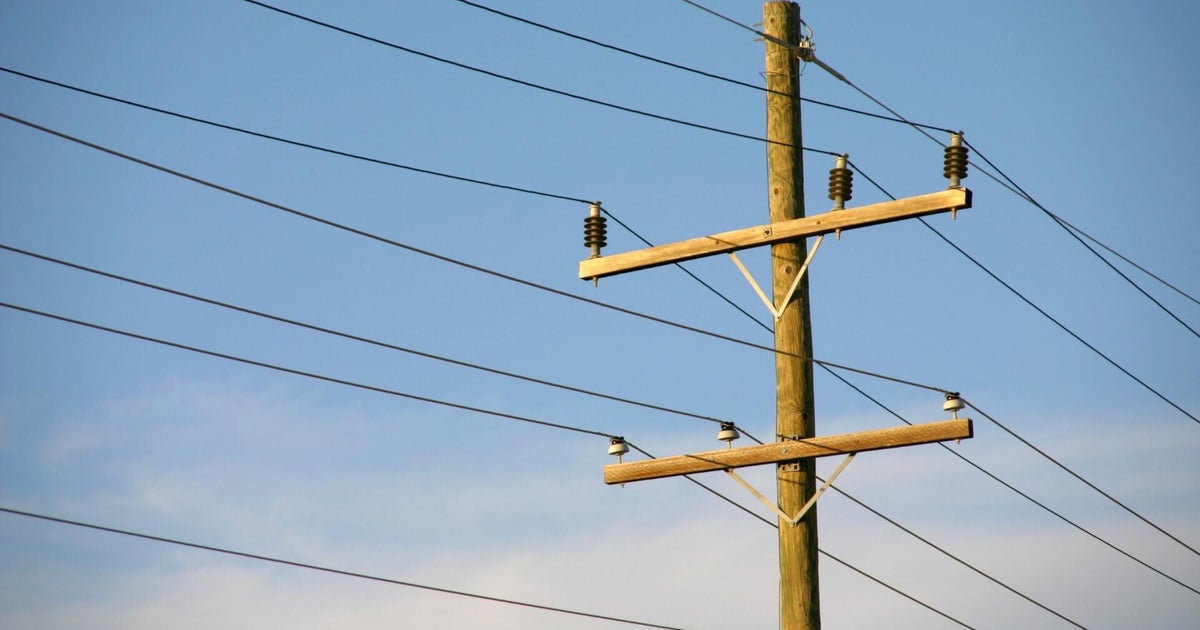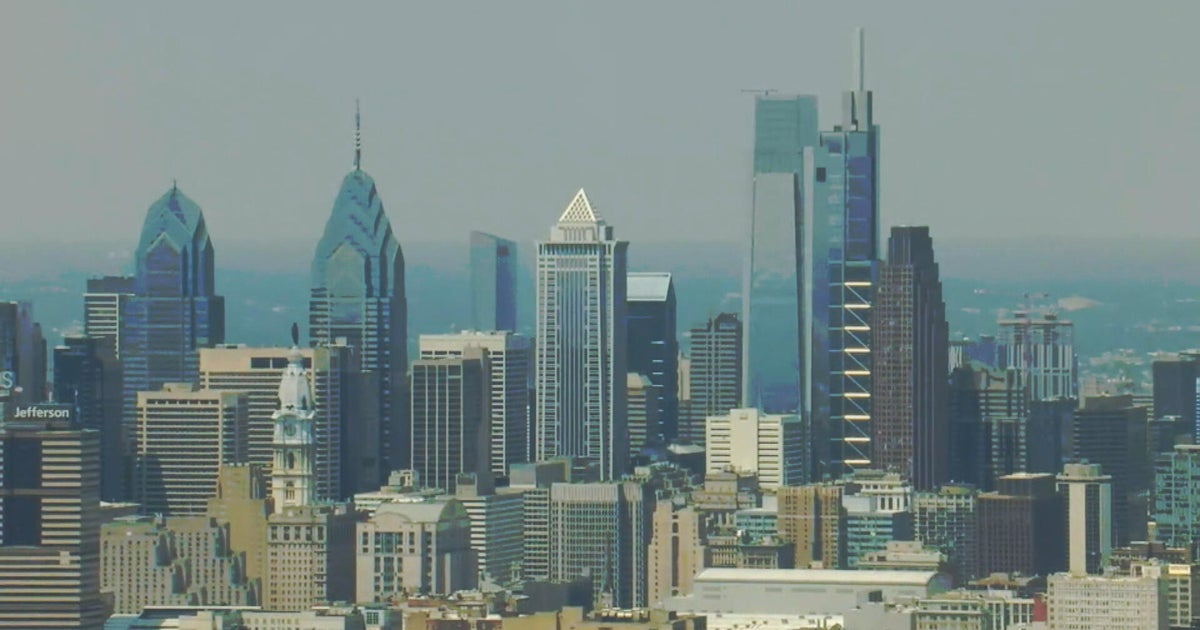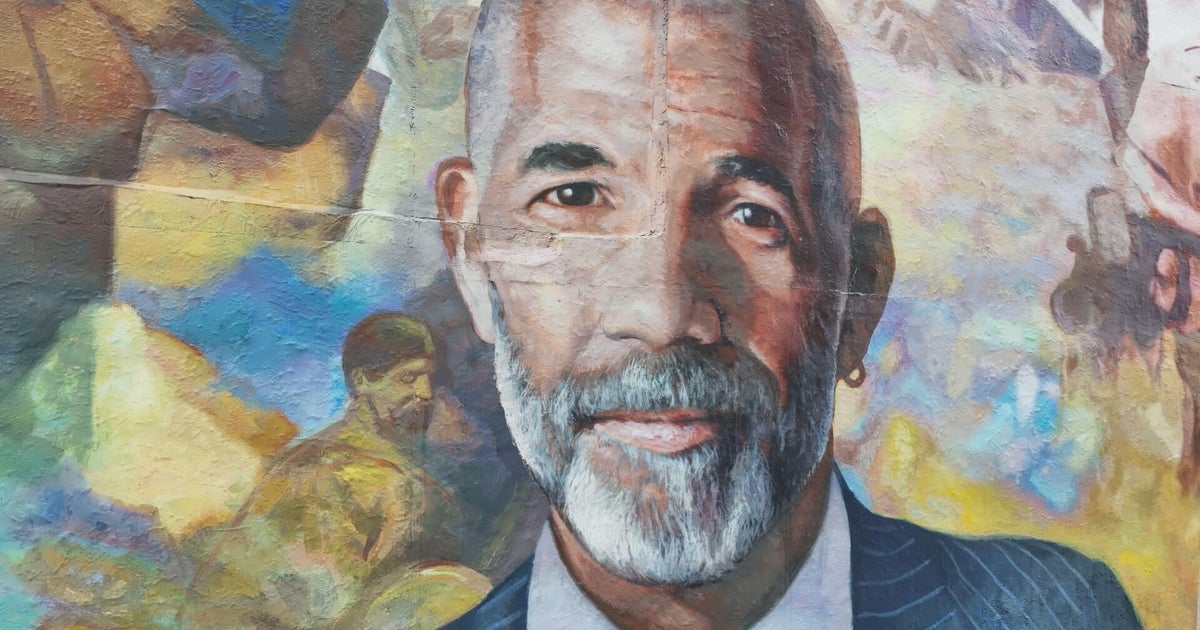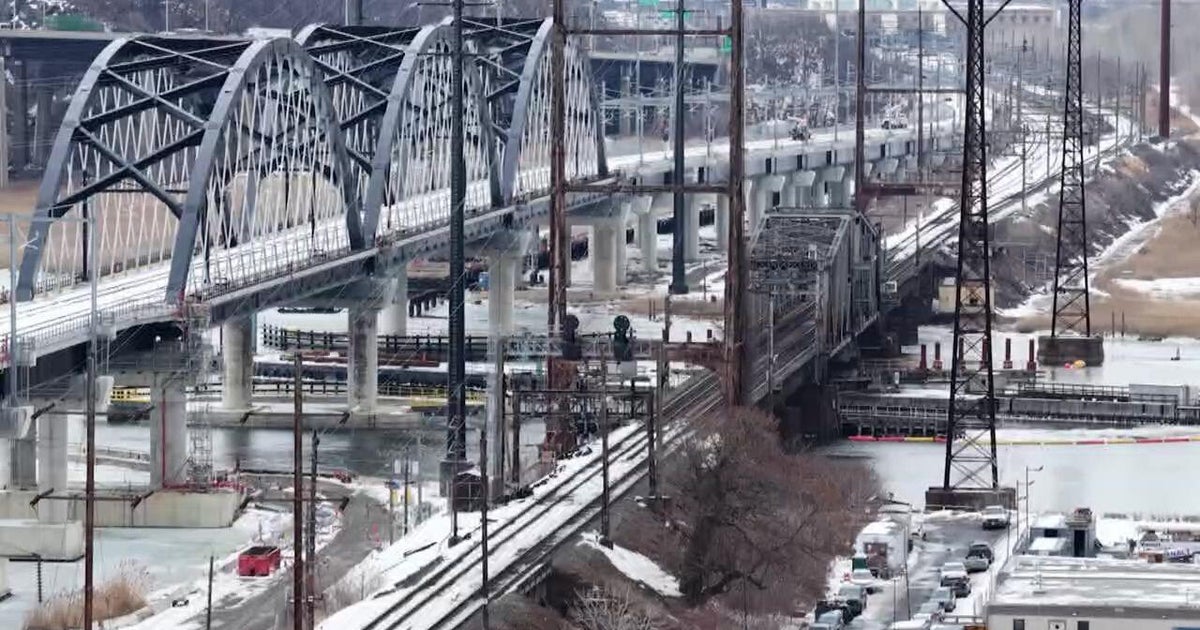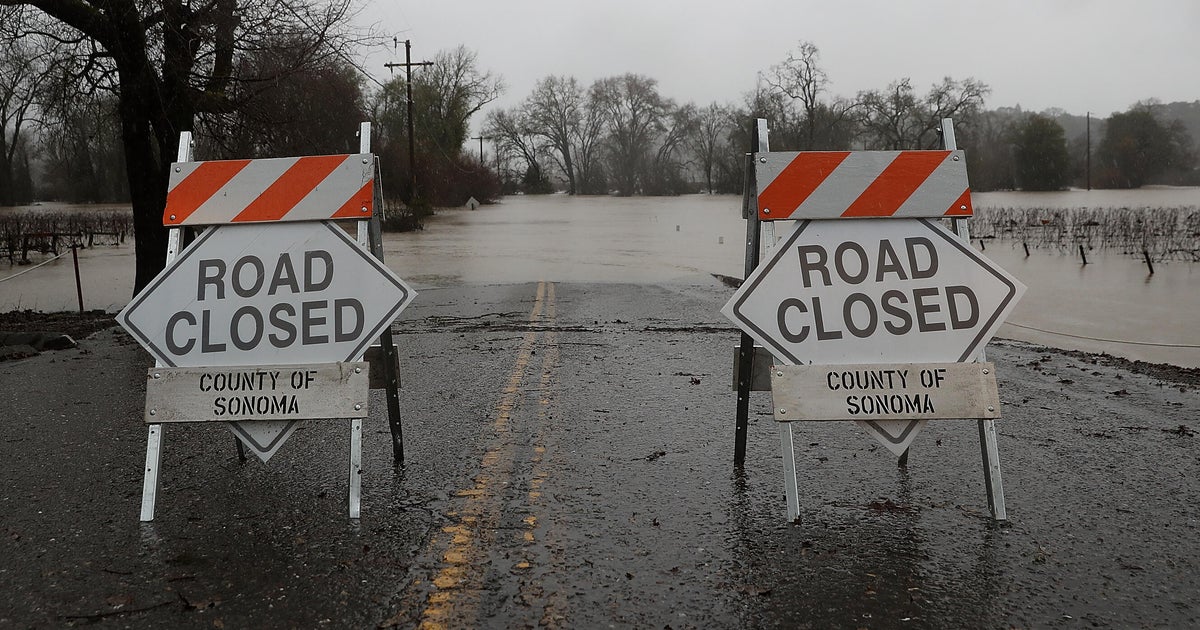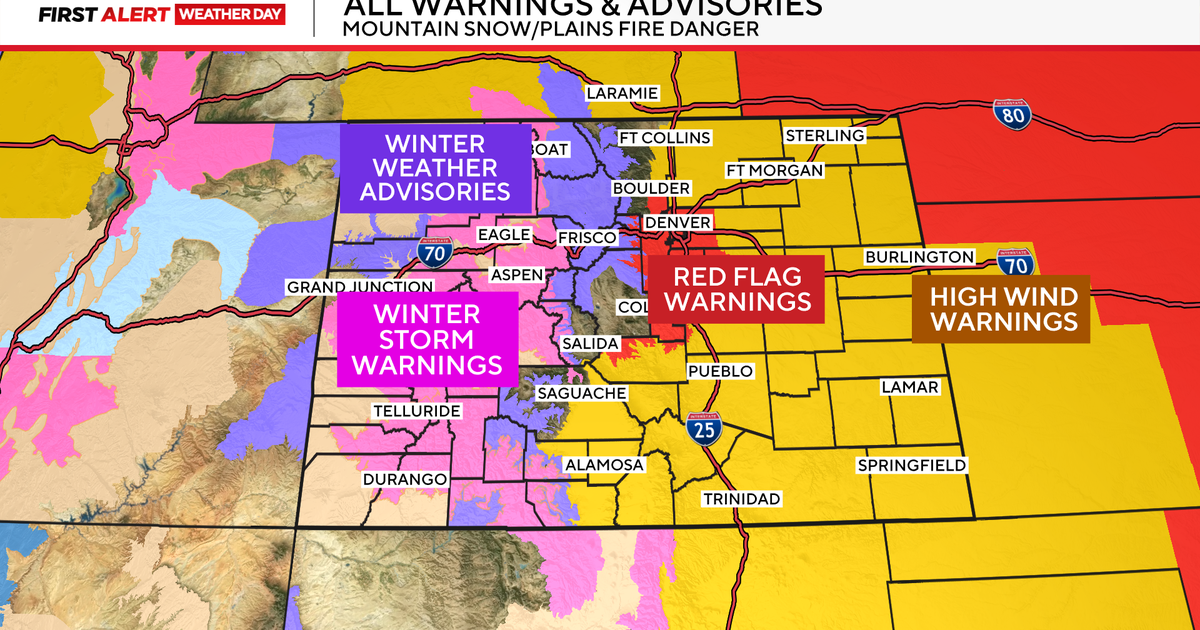Study: Philadelphia Could Face More Blackouts
By Dan Wing
PHILADELPHIA (CBS) - A new study out of Johns Hopkins University regarding climate change and the impact on power outages for major cities on the East Coast says Philadelphia could be facing a lot of widespread and prolonged outages in the future.
So what can consumers do to help soften the blow? One alternative energy provider has some tips on how to reduce energy dependence, cut energy costs, and also help reduce some of those blackouts.
The study out of Johns Hopkins says Philadelphia will see the second highest impact from blackouts due to climate change, mainly from an increase in hurricanes. Heather Farber of NRG Northeast says that's a problem for the Delaware Valley's current grid of poles and wires:
"We saw a lot of the effects of that...if you think back to Hurricane Sandy. It was that grid infrastructure that was found to be quite vulnerable in those situations."
Farber says another way to help prevent blackouts and brown outs is to become more energy efficient, which can also save some money. For example, she says,keep that thermostat at 68:
"For every single degree that you're going up, you're increasing your energy costs up to 3 to 5%."
Savings for you, and if enough people are doing the same, a big drop in how hard the grid is working.
Farber says solar and wind alternatives, even if just a generator, can lead to big savings, and make any blackouts a lot more bearable. She also points out that more power providers in Pennsylvania and New Jersey are offering customers the choice of adding some components of alternative energy sources like solar and wind to their plan:
"So you can take advantage of those options without having solar on your roof. But again, having solar is another option that's becoming more and more affordable."
As for cutting your own energy costs, Farber says programmable thermostats, and energy efficient appliances and lighting are a great start. You should also be plugging up any leaks or cracks with caulk.
"If you added up all those holes and cracks together it would actually equal a 9-square foot hole in your wall, and that's a lot of energy that can escape and a lot of cold air that can come in."
Outside of making sure your home is sealed up and using energy efficient appliances, Farber says the most important thing for consumers is to research exactly what energy options are available to them, because in many cases there is some money to be saved.
Check Out These Other Stories:
